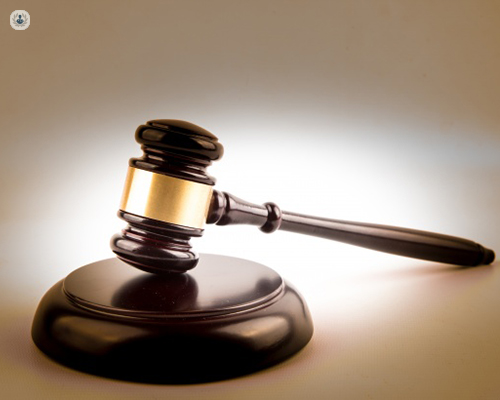What does medicolegal work entail?
Written in association with:Medicolegal work involves the intersection of medicine and law, where healthcare professionals use their medical expertise to assist in legal matters. This specialized area addresses diverse cases, from personal injury and medical negligence to criminal investigations and workplace health assessments. By bridging the gap between clinical practice and legal frameworks, medicolegal professionals contribute to ensuring justice and upholding medical accountability.

The scope of medicolegal work
Medicolegal work encompasses various roles, such as expert witness testimony, preparation of detailed medical reports, and consultation on health-related legal issues. These professionals may review medical records, assess claims for compensation, or offer insights into complex medical scenarios in courts of law. Their expertise is often critical in cases involving medical malpractice, personal injury claims, and disputes related to occupational health.
For example, in personal injury cases, medicolegal specialists evaluate the severity of injuries and the impact on the individual’s life. In clinical negligence claims, they determine whether the standard of care provided was appropriate and whether a breach occurred that resulted in harm.
Required skills and responsibilities
To excel in medicolegal work, professionals need in-depth knowledge of their medical specialty and the ability to translate complex medical terminology into clear, concise explanations for legal audiences. Precision, impartiality, and adherence to ethical guidelines are vital, as their input often shapes the outcome of legal disputes.
Training in medico-legal writing, court procedures, and legal standards ensures that these experts can meet the specific requirements of the legal system. Many undergo additional certification or training to specialise in this field.
Impact on society
Medicolegal work plays a significant role in safeguarding the rights of individuals and promoting accountability within the healthcare system. It not only aids in resolving disputes but also helps improve medical practices by identifying areas for reform.
By serving as a bridge between medicine and law, medicolegal professionals uphold justice, contribute to fair resolutions, and foster trust in both legal and healthcare systems. Their work underscores the critical importance of integrating medical expertise into legal contexts.


